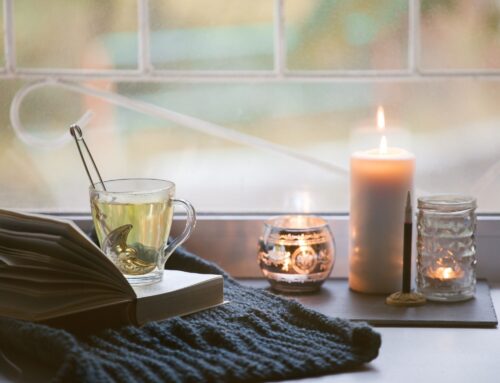As the new season rolls in, some of us look to shed our winter weight and revitalise our body using strategic Hopewood techniques.
A common treatment for calming the body is aromatherapy, which uses scents and fragrances to create a relaxing environment. Some fragrances can provide physiological changes, such as reduced blood pressure, muscle tension, pulse rate and brain activity – to name just a few. Each scent has its own power. For instance, lavender can be used to ease insomnia, while sandalwood induces calm and meditative states and roses can help calm nervous tension.
We recommend taking the time to relax with some of these scents, using natural herbs and plants to create rich aromas. Research into these fragrances highlights the beneficial nature of pure scents, and the potential disadvantages of artificial and mass-produced perfumes.
Where natural scents can have restorative powers, artificial chemical fragrances can lead to a number of symptoms including asthma, muscle pain and skin irritation. This is because 95% of mainstream scents are derived from crude oil, which has been linked to chronic illnesses.
Scents are powerful when used correctly, but we warn against the use of chemical and artificially produced fragrances, such as mass-produced perfume and deodorants.
In the human brain, the olfactory system receives and interprets smell which also has a close relationship to memory. Scents can activate the autonomic nervous system, which is commonly referred to as the ‘flight or fight’ response. Scents and memories can take us to a peaceful state of relaxation when used correctly but can also have psychological and physiological problems when incorrect odours are administered. Naturopaths can help you discover which scents are most appropriate for you.






